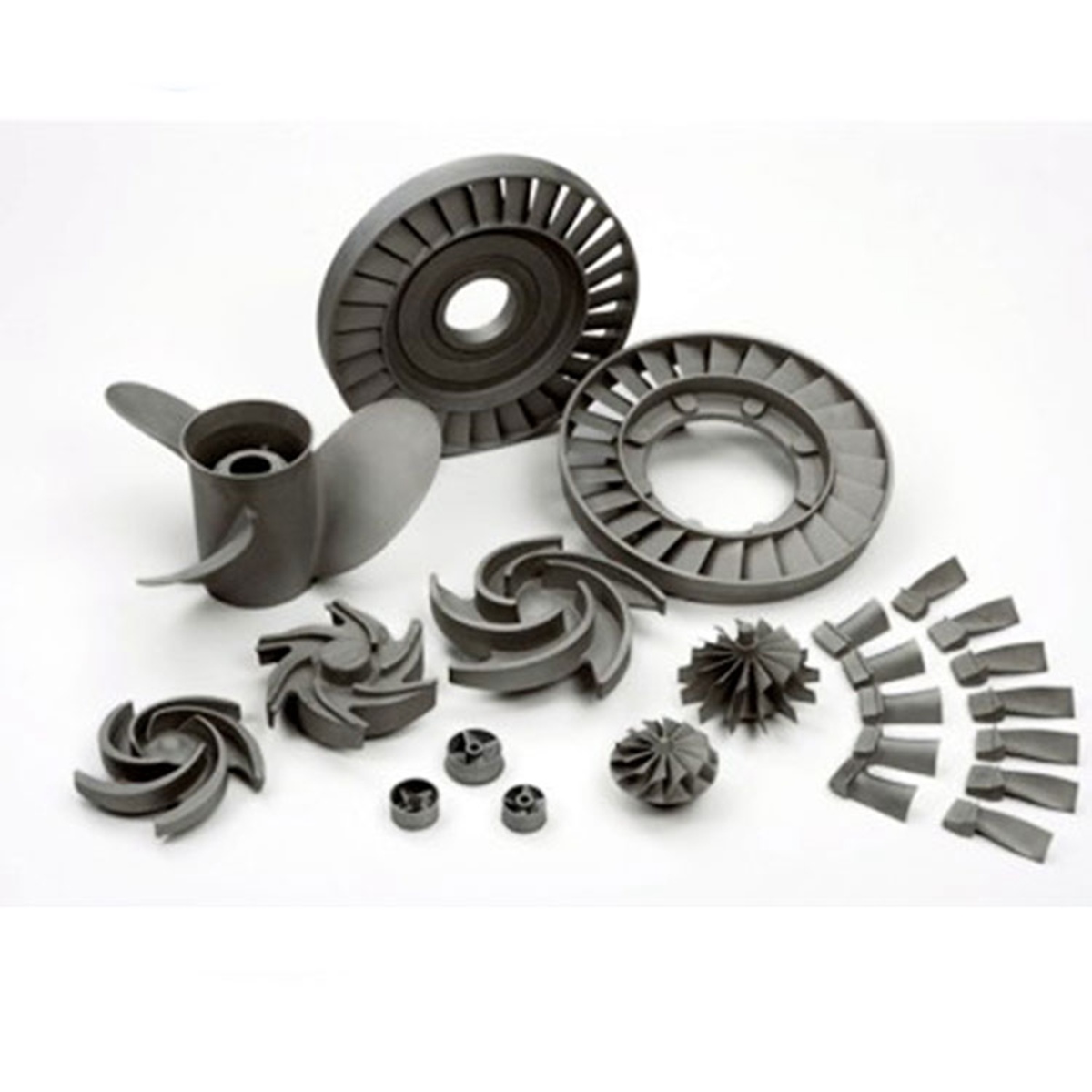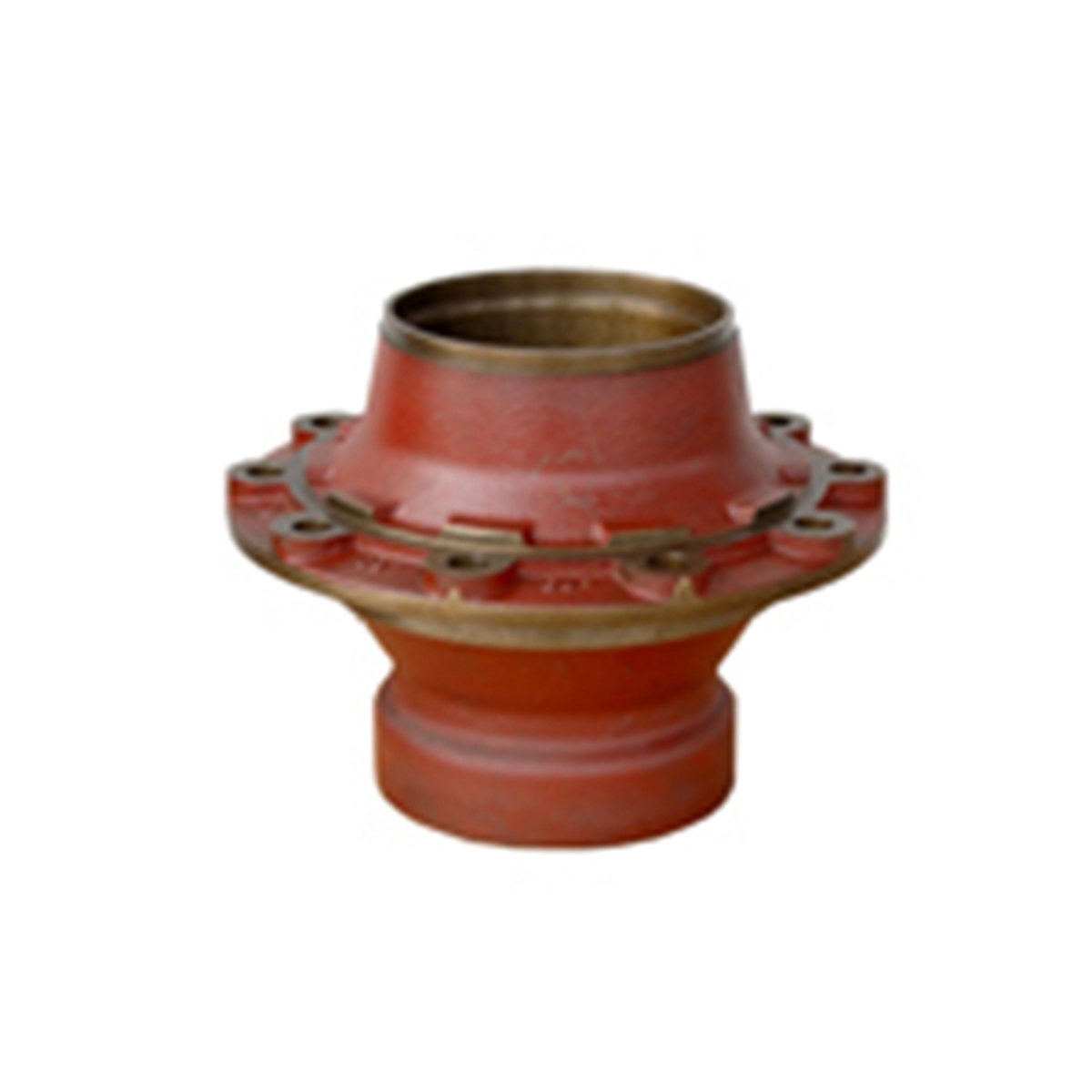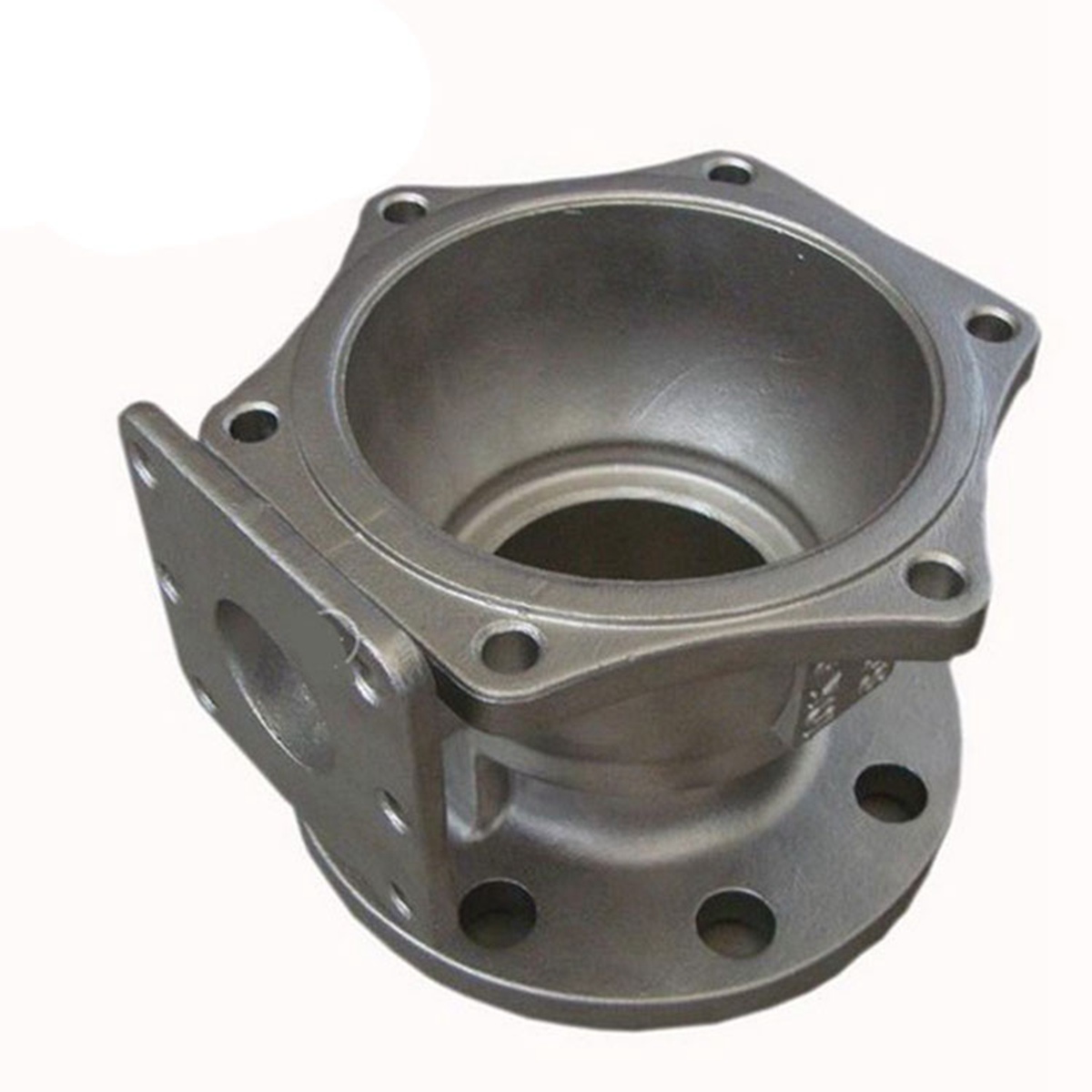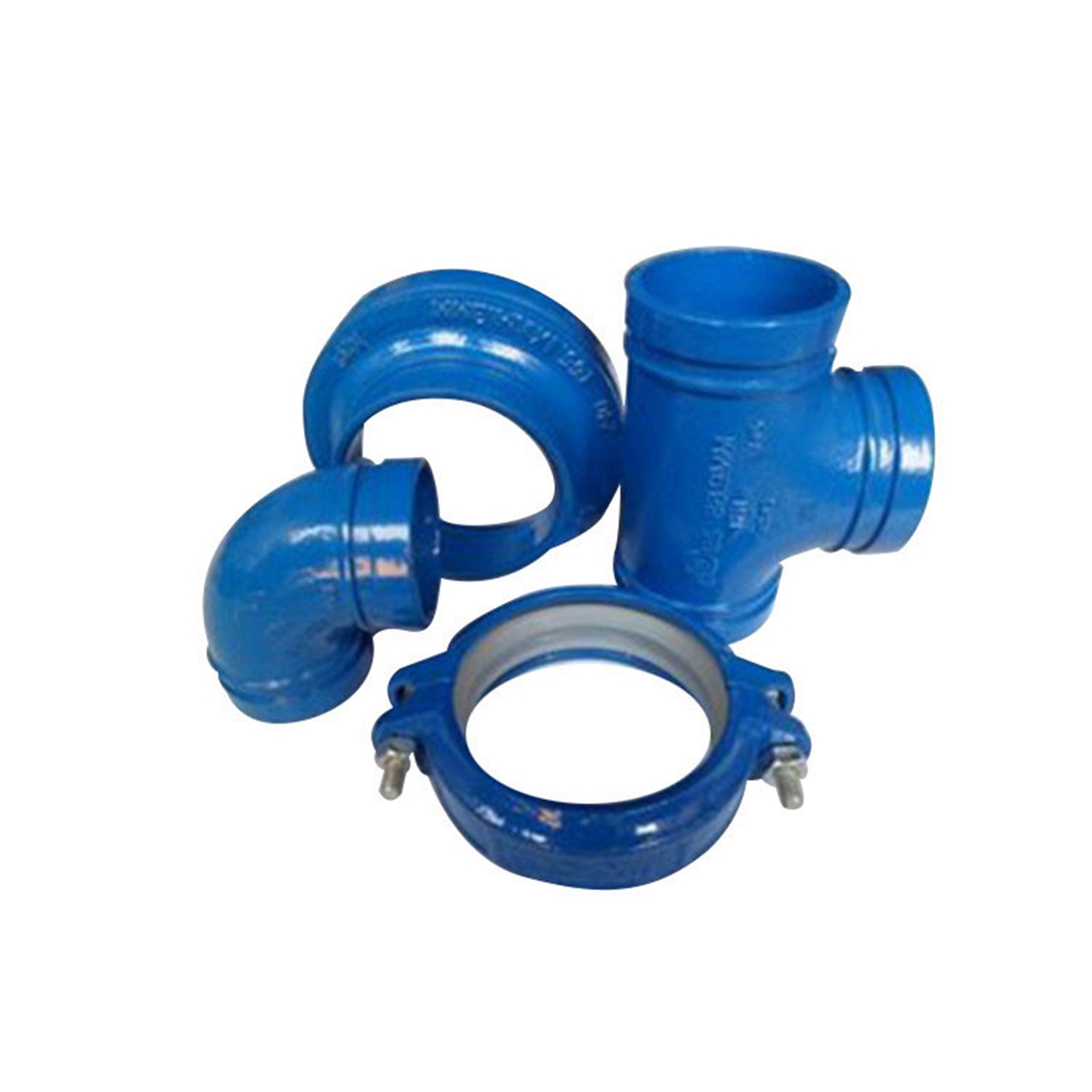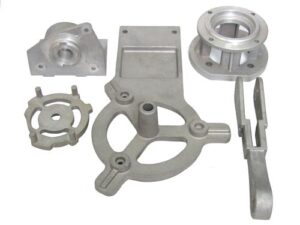
While ferrous metals are widely used due to their strength and cost-effectiveness, they also come with several disadvantages that can affect their suitability for certain applications. Here are the main drawbacks:
- One of the most significant disadvantages of ferrous metals is their tendency to rust when exposed to moisture and oxygen. This corrosion can compromise the structural integrity and appearance of the metal over time. Stainless steel is an exception due to its chromium content, which resists oxidation.
- Ferrous metals are generally heavier than non-ferrous metals like aluminum and titanium. This high density can be a drawback in industries in which lightweight materials are preferable, such as in aerospace and certain automotive applications.

